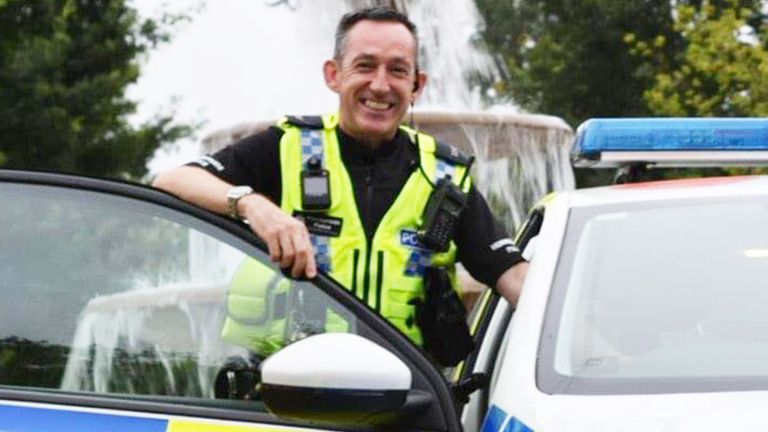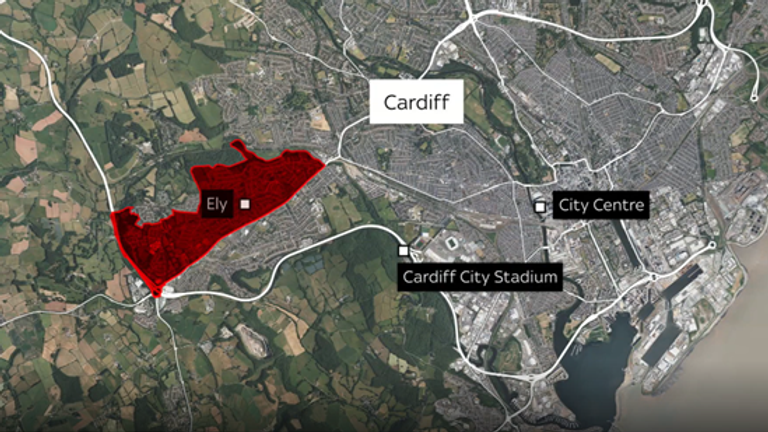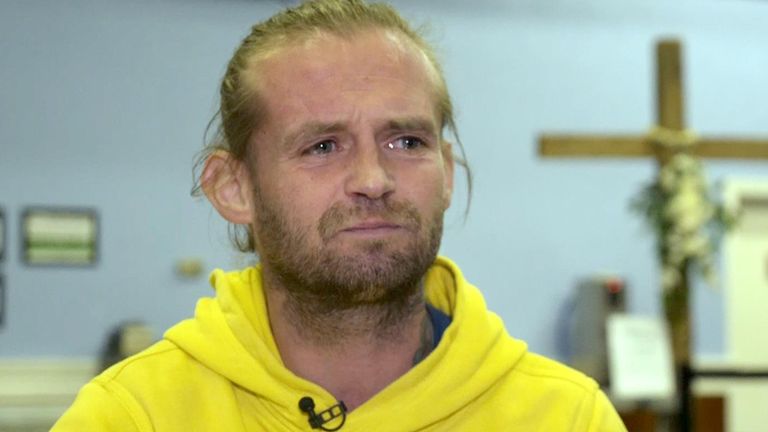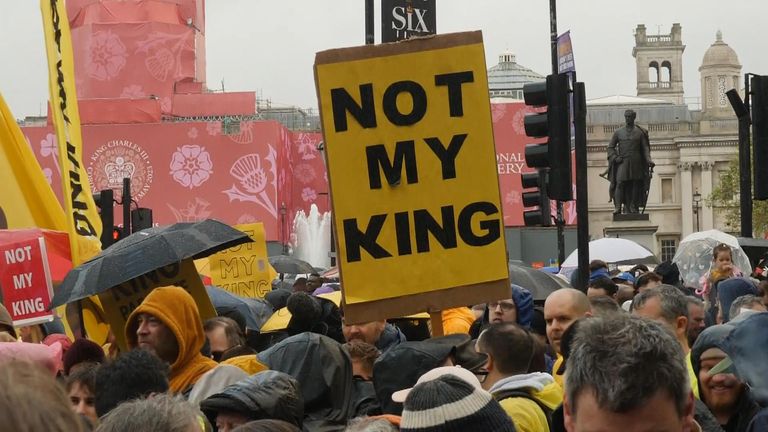Why gaming is not just a hobby but a lifeline for millions of gamers | Science & Tech News
For Mollie Evans, gaming is a community and a lifeline, but one that’s getting harder and harder to hold on to.
“I physically cannot leave the house everyday, so it’s a huge hobby for me,” she says.
“I’ve made my best friend through gaming, and we hang out everyday online.”
Mollie, a content creator, suffers from Ehlers-Danlos Syndrome (EDS), a disorder that affects a person’s connective tissues; such as skin, joints and blood vessel walls.
That means the hobby she loves so much, can pose huge physical challenges.
For one thing, she struggles with motion sickness: “If a game makes me motion sick, I just cannot play it.”
Then there’s the pain in her hands, worsened by the physical act of gaming.
As she demonstrates on Sniper Elite 5, in Rebellion Studios in Oxford, she prefers to use a mouse and keyboard rather than a traditional joystick to play.
But, as she gets older, and the EDS progresses, she knows she’ll have to move to adaptive controllers.
Mollie is one of an estimated 429 million disabled gamers around the world.
They make up a huge proportion of the gaming community.
In the UK and US, nearly a third of gamers identify as being disabled – nearly double the 16% of disabled people in the general population.
But despite this, developers have historically struggled to prioritise the various accessibility needs of their users.
‘See us in this gaming space’
Mollie thinks part of this is down to a lack of representation.
“If games companies brought on more disabled people in their marketing and content creation, or even as characters in their games, it would help people understand it,” she says.
“And maybe it would help them understand the need for accessibility a bit better as well, because they’ll be able to see us in this gaming space.”
It’s something Cari Watterton, senior accessibility designer at Rebellion Studios, is determined to change.
Her role is to make sure that no matter what the disability or accessibility needs – her company’s games can cater to them.
That can range from increased mobility functions, audio description, to more support for people who are neurodiverse.
But, she says, other developers are still missing “easy wins”.
“It’s definitely frustrating when you see some of the really basic things missing – for instance so many games just don’t have big subtitles,” she says.
“There is no competitive advantage with accessibility. We just want more people to play.”
SpecialEffect is a charity that helps provide equipment to individuals who would otherwise struggle playing games.
Liam Lawler, their partnerships coordinator, demonstrates a version of Minecraft that’s entirely controlled by eye movement.
It’s been downloaded more than 3,500 times, and would allow someone with nothing more than eye movement to be able to play the famous game.
‘Gaming opens up a world of experiences’
He says it can be transformative for individuals’ mental health.
“A fully able-bodied person can play games with their children, with their brothers and sisters, they can go out and kick a football and pretend to be David Beckham.
“But, people who have accessibility needs aren’t always able to have these shared experiences with families and friends – so gaming opens up a world of experiences.”
Brannon Zahand, senior gaming accessibility technical programme manager at Xbox, is excited by the way technology like AI could be used not just to help disabled gamers – but everyone.
“If done properly, AI can open up whole new methods by which games can be made accessible. You know, imagine a video game that could automatically adapt its mechanics and adapt its difficulty to a player’s individual abilities and skill, no matter what the disability.
“And that’s actually a perfect example of why accessibility is so important.
“Because that technology just doesn’t benefit people with disabilities, it benefits everyone.”
















